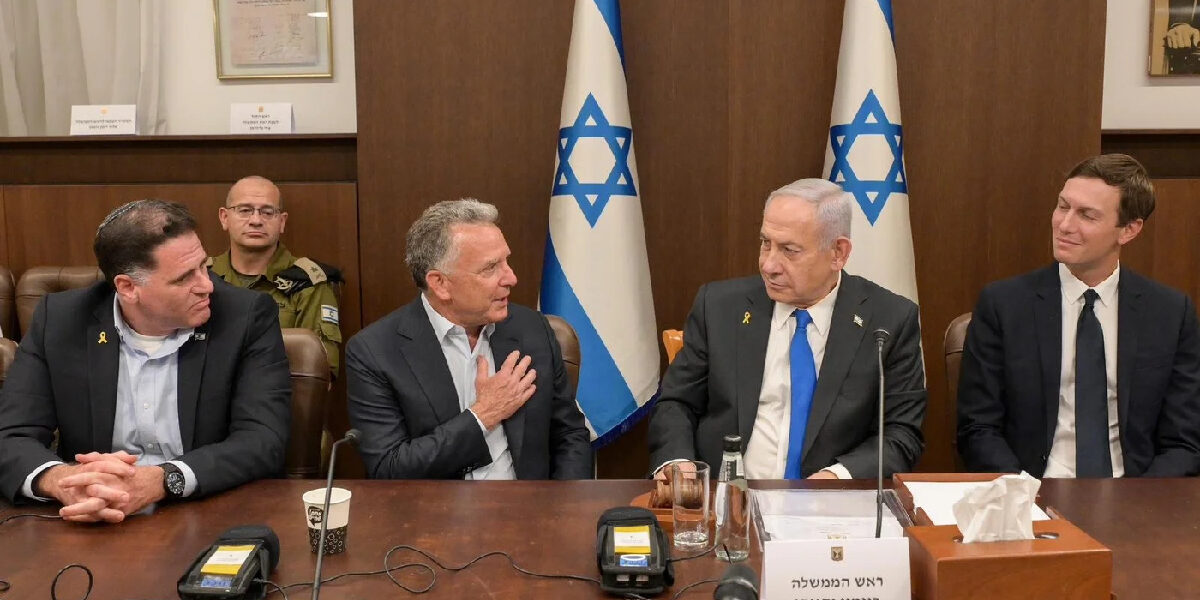Israeli troops started pulling back from several areas of Gaza on Friday as part of a new ceasefire agreement with Hamas, marking the first major step toward ending two years of brutal warfare. Confusion, however, persisted among residents about when the fighting would officially stop.
In Gaza City’s Sheikh Radwan district, residents cautiously returned to devastated neighborhoods. “Thank God my house is still standing,” said Ismail Zayda, 40, surveying the destruction. “But everything around me is gone. Is it really over? No one is telling us the truth.”
Israel’s government ratified the ceasefire early Friday morning, paving the way to halt hostilities within 24 hours. Under the deal — part of U.S. President Donald Trump’s initiative — Israeli hostages are to be released within 72 hours, in exchange for Palestinian prisoners, while Israeli troops begin a phased withdrawal.
Israeli Troops Pull Back in Central and Southern Gaza
Prime Minister Benjamin Netanyahu confirmed on X that Israel’s government had approved “the framework for the release of all hostages — the living and the deceased.”
In Khan Younis, Israeli forces were seen retreating from eastern sectors near the border, though tank shelling continued, residents reported. In Nusseirat Camp, soldiers dismantled positions and moved toward the Israeli border, but sporadic gunfire persisted overnight.
Along Gaza’s Mediterranean coast road, Israeli troops began to withdraw, allowing small groups of residents to cautiously return toward Gaza City, which has endured relentless bombardment for the past month. Rescue workers immediately began searching previously unreachable zones, recovering at least 10 bodies from earlier strikes, according to medics.
Hamas Leader Claims U.S. Guarantees That War Is Over
The war — which killed over 67,000 Palestinians and left Gaza in ruins — has deeply strained Israel’s global standing and shaken Middle East stability, pulling in Iran, Lebanon, and Yemen. It has also tested ties between Washington and Jerusalem, with Trump pressuring Netanyahu to accept the ceasefire.
Hamas’ exiled Gaza chief Khalil Al-Hayya said he received guarantees from the U.S. and mediators that the conflict had officially ended.
Twenty Israeli hostages are believed to still be alive, while 26 are presumed dead and the fate of two remains uncertain. Hamas has said recovering bodies may take longer than releasing living captives.
Once the agreement is enacted, trucks loaded with food and medical aid will flood into Gaza to assist hundreds of thousands of displaced civilians living in tents after Israeli forces razed entire cities.
Ceasefire Faces Major Challenges
While the deal marks the closest step yet toward peace, significant hurdles remain. The two sides have not yet released the list of Palestinian prisoners to be exchanged. Hamas demands freedom for prominent political prisoners and hundreds detained during Israel’s assault.
Key points of Trump’s 20-step peace plan are still unresolved — including how Gaza will be governed post-war and what will happen to Hamas, which continues to resist Israel’s demand for complete disarmament.
Netanyahu also faces internal backlash from his right-wing coalition, many of whom oppose negotiating with Hamas altogether.
Trump announced plans to travel to the region on Sunday, possibly to attend a signing ceremony in Egypt, and has been invited by Knesset Speaker Amir Ohana to address Israel’s parliament.
The ceasefire deal has received broad support from Arab and Western nations and is being hailed as a major diplomatic victory for Trump.
U.S. officials confirmed that 200 American troops will join a multinational task force — including forces from Egypt, Qatar, Turkey, and the UAE — to help stabilize Gaza. No U.S. troops will enter the enclave itself.
As calm tentatively returns to Gaza, hope mixes with uncertainty. For civilians like Ismail Zayda, the question remains — is the war truly over, or just paused?
